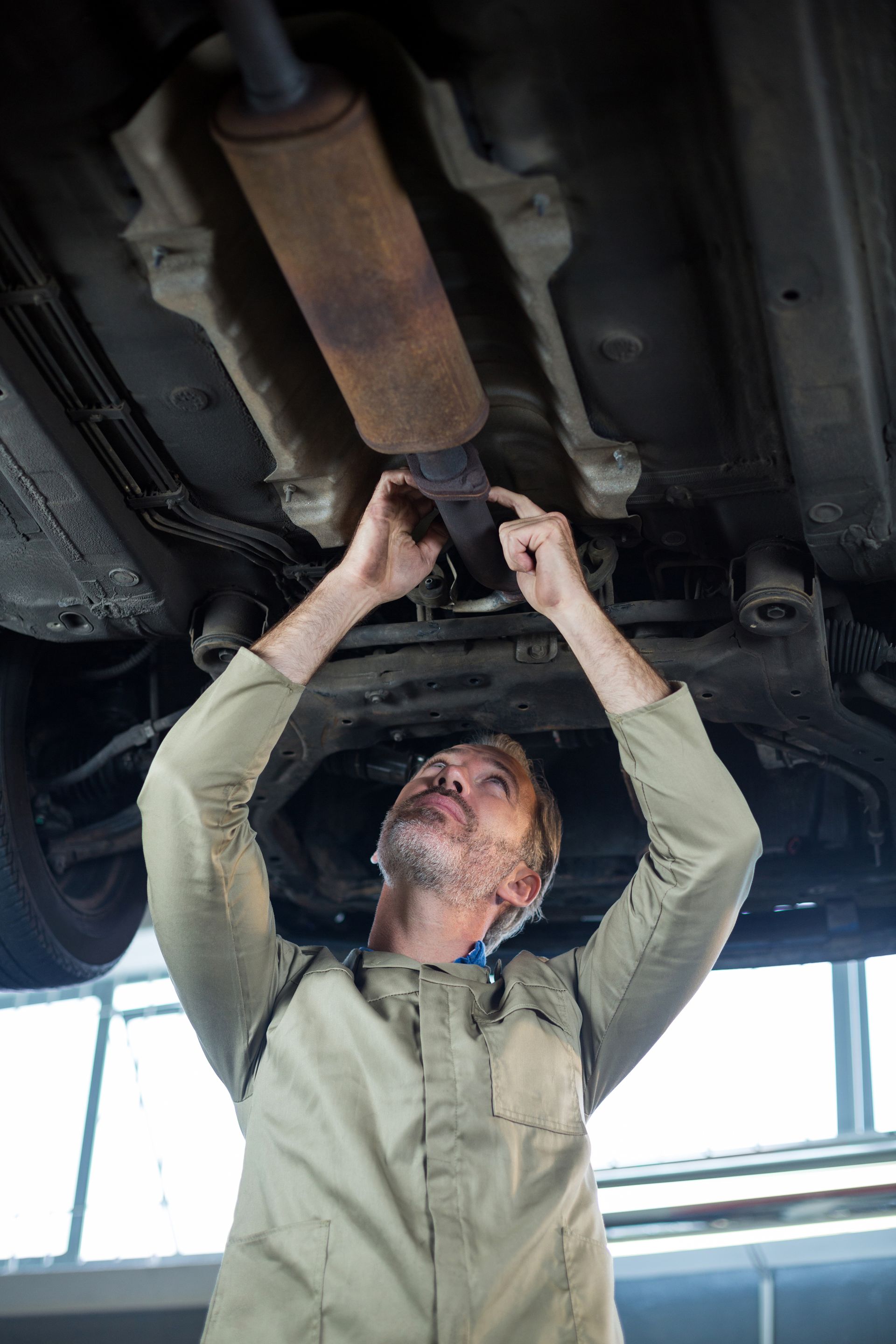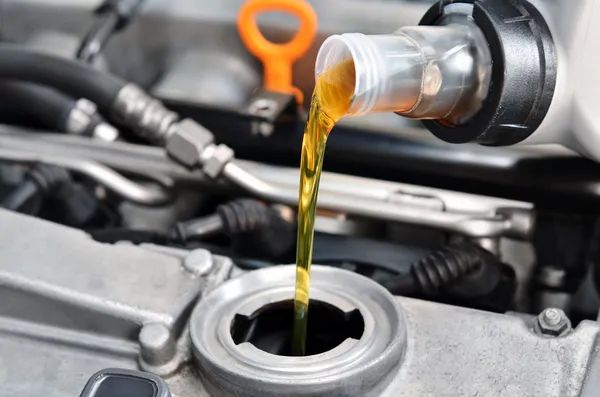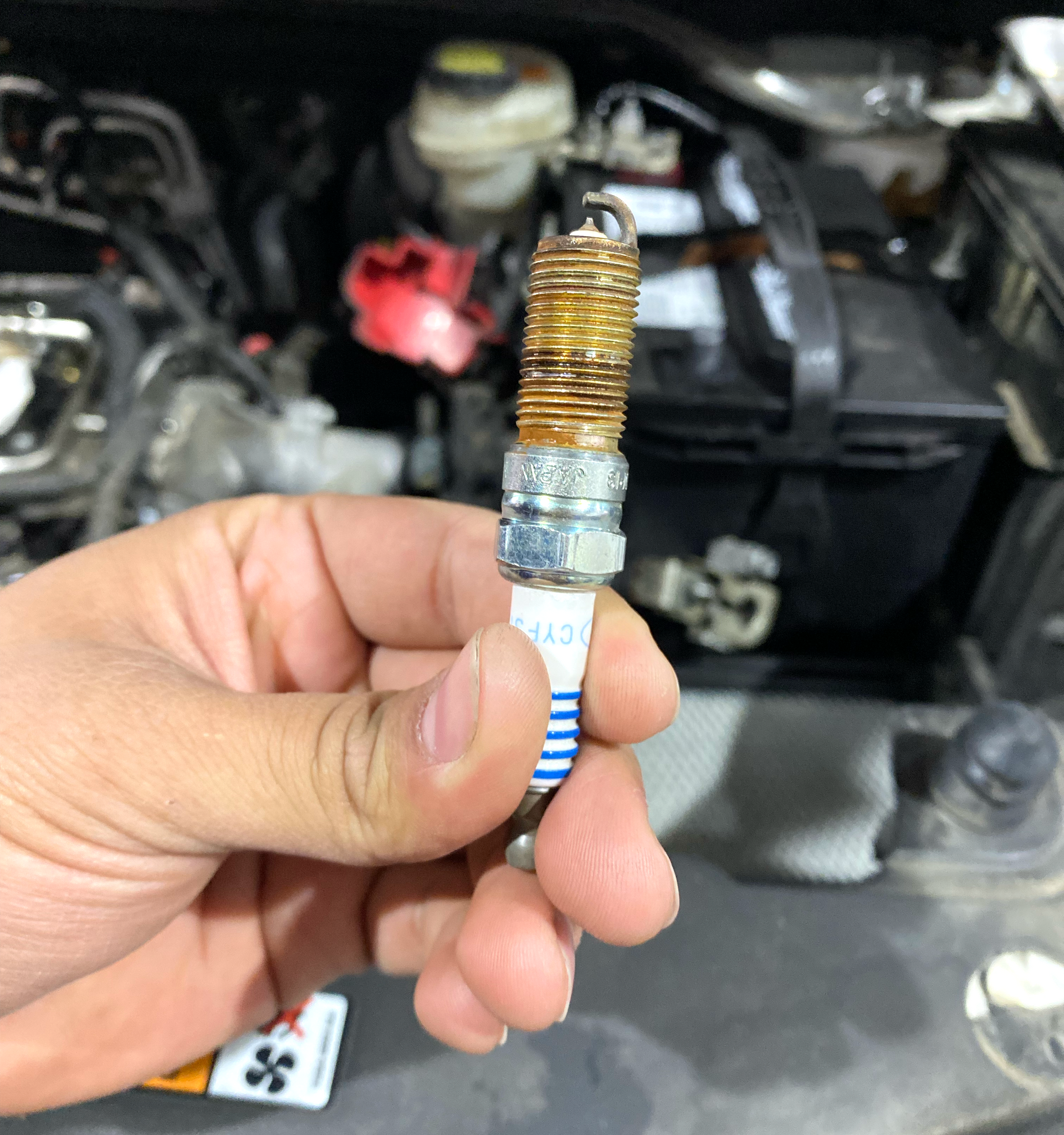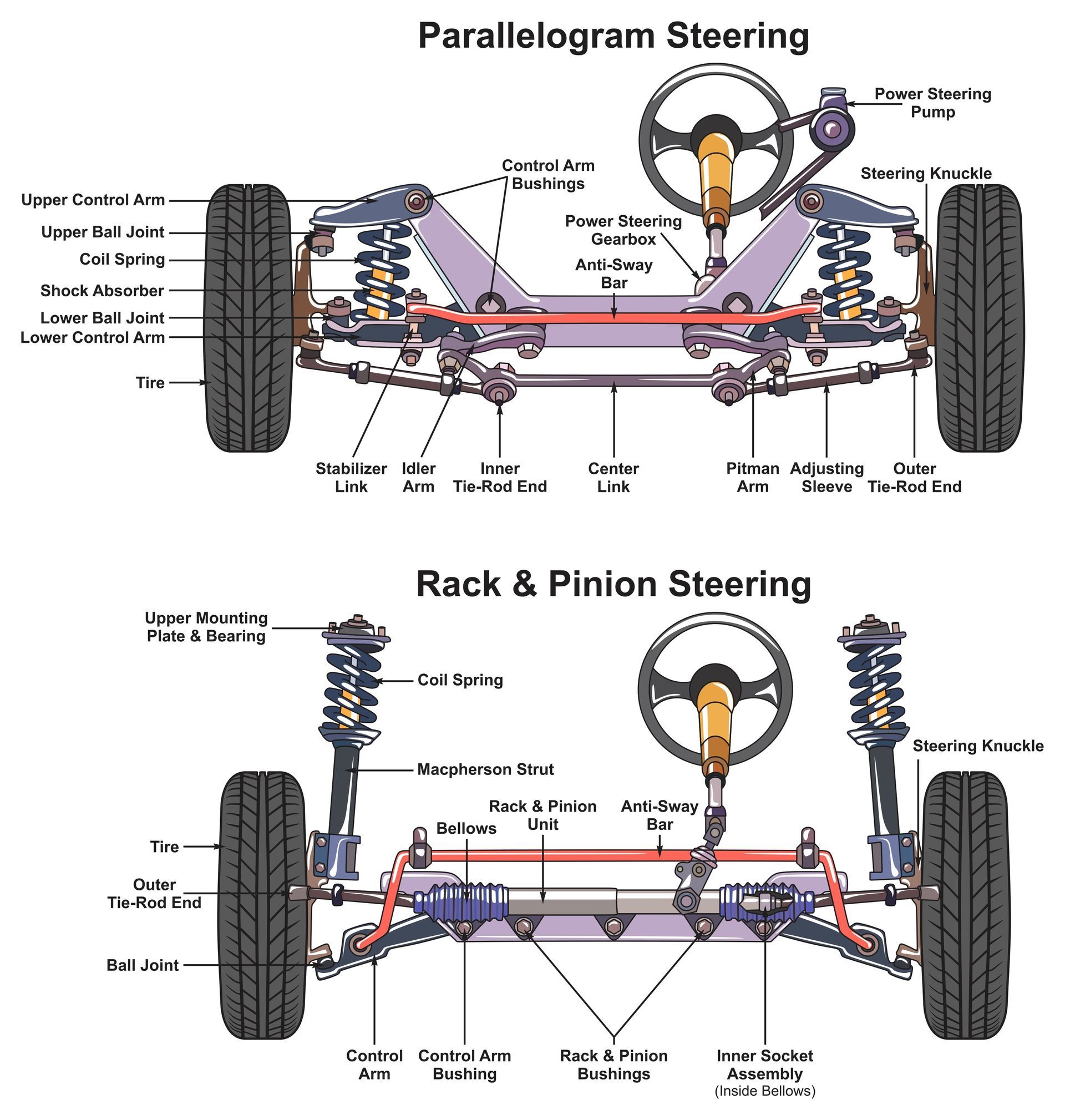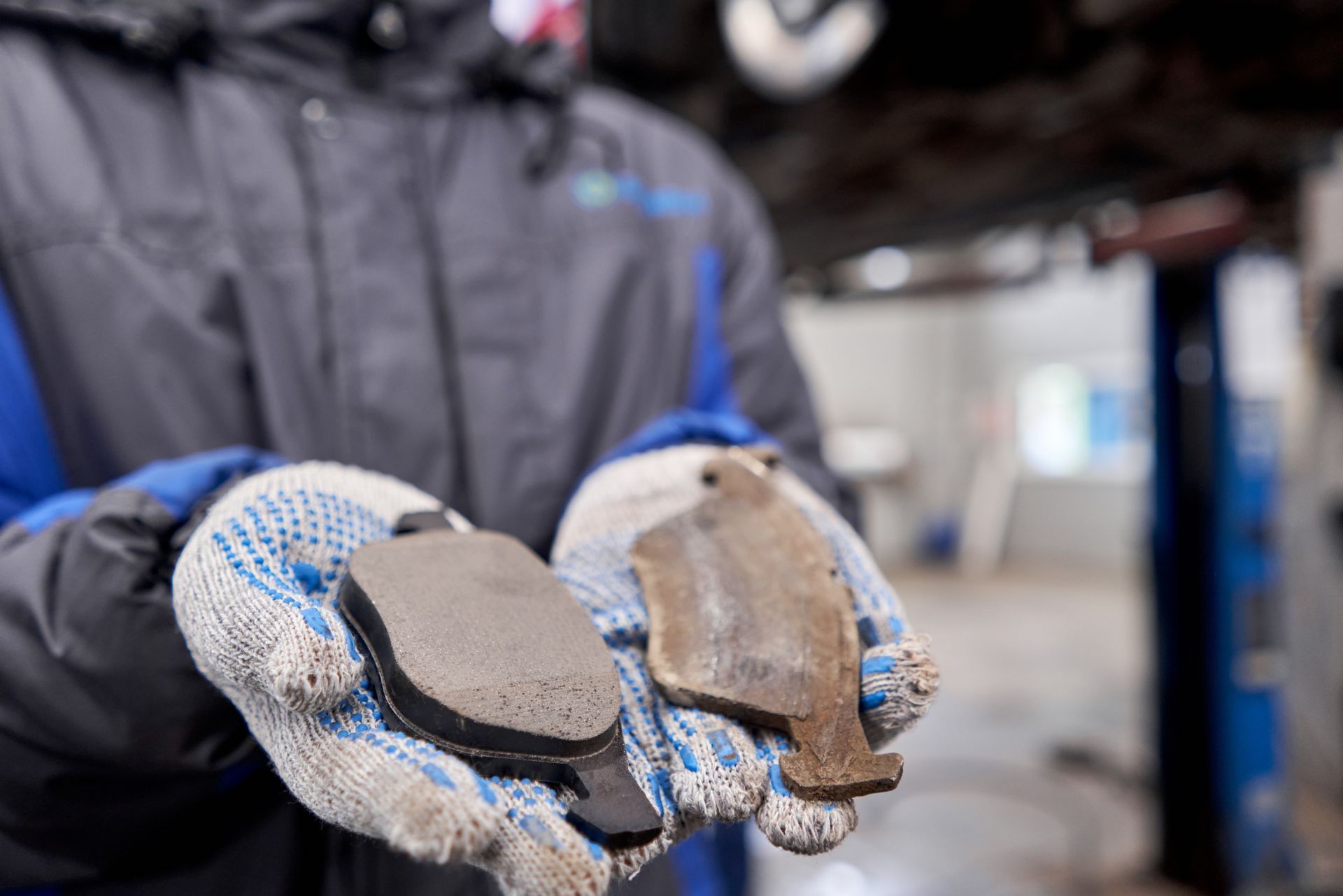Do I Need a New Alternator? A Guide to Understanding Alternator Issues
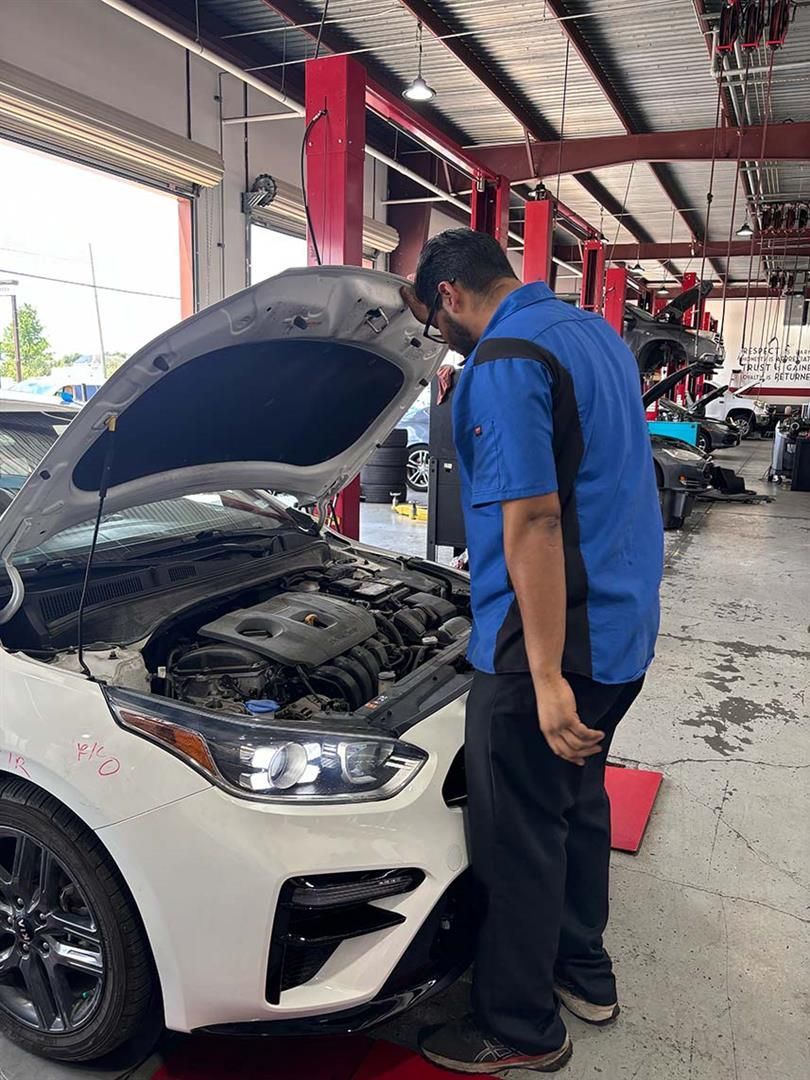
If you’ve ever been stranded with a dead car battery, you know how frustrating and inconvenient it can be. While a dead battery is often the first thing that comes to mind, the root of the problem could be your alternator. The alternator is a crucial component of your vehicle’s electrical system, responsible for keeping your battery charged and powering essential systems while you drive. But how do you know when it’s time to replace your alternator? This guide will help you understand the signs of a failing alternator and what steps to take next.
What is an Alternator and What Does It Do?
An alternator is a small, belt-driven device located in the engine compartment. Its primary function is to convert mechanical energy from the engine into electrical energy. This electrical energy powers your vehicle’s electrical systems, such as the headlights, radio, and air conditioning, and charges the battery to ensure it stays at optimal performance.
The alternator works in tandem with the battery to supply power. While the battery provides the initial burst of energy to start the car, the alternator takes over once the engine is running, supplying continuous power and recharging the battery for future use. Without a properly functioning alternator, your vehicle would eventually lose power and come to a halt.
Signs of a Failing Alternator
Recognizing the signs of a failing alternator can save you from being stranded and prevent further damage to your vehicle. Here are some common symptoms to watch out for:
- Dim or Flickering Lights: One of the earliest and most noticeable signs of a failing alternator is dim or flickering headlights and interior lights. This occurs because the alternator isn’t supplying enough power to keep the lights at full brightness.
- Battery Warning Light: Most vehicles have a battery warning light on the dashboard. If this light comes on while you’re driving, it could indicate an issue with the alternator rather than the battery itself.
- Weak or Dead Battery: A bad alternator won’t properly charge the battery, leading to a weak or dead battery. If you find yourself needing to jump-start your car frequently, the alternator might be the culprit.
- Strange Noises: A failing alternator can produce a variety of unusual sounds, such as grinding or whining noises. These noises often indicate worn-out bearings or other internal components.
- Electrical Issues: A faulty alternator can cause various electrical problems, such as malfunctioning power windows, locks, and seats. You might also notice issues with your radio, air conditioning, or other electronic accessories.
- Stalling or Difficulty Starting: If your vehicle stalls while driving or has difficulty starting, it could be due to an alternator that’s not providing enough power to keep the engine running.
Diagnosing Alternator Problems
If you notice any of the above symptoms, it’s important to get your vehicle checked by a professional mechanic. Here are some steps they might take to diagnose the problem:
- Battery Test: The mechanic will first test the battery to ensure it’s in good condition. This helps rule out the battery as the cause of the problem.
- Alternator Test: Using a voltmeter, the mechanic will measure the voltage output of the alternator. A healthy alternator should produce between 13.5 and 14.5 volts. Anything outside this range indicates a problem.
- Belt and Connection Inspection: The mechanic will inspect the drive belt that powers the alternator, as well as the electrical connections. A loose or damaged belt can prevent the alternator from functioning properly.
Replacing Your Alternator
If your alternator is indeed the problem, replacement is often the best solution. Here’s what you can expect during the replacement process:
- Removal of the Old Alternator: The mechanic will disconnect the battery and remove the old alternator, taking care to avoid damaging any surrounding components.
- Installation of the New Alternator: The new alternator will be installed, and all electrical connections and the drive belt will be reattached.
- Testing: After installation, the mechanic will test the new alternator to ensure it’s functioning correctly and that the battery is charging properly.
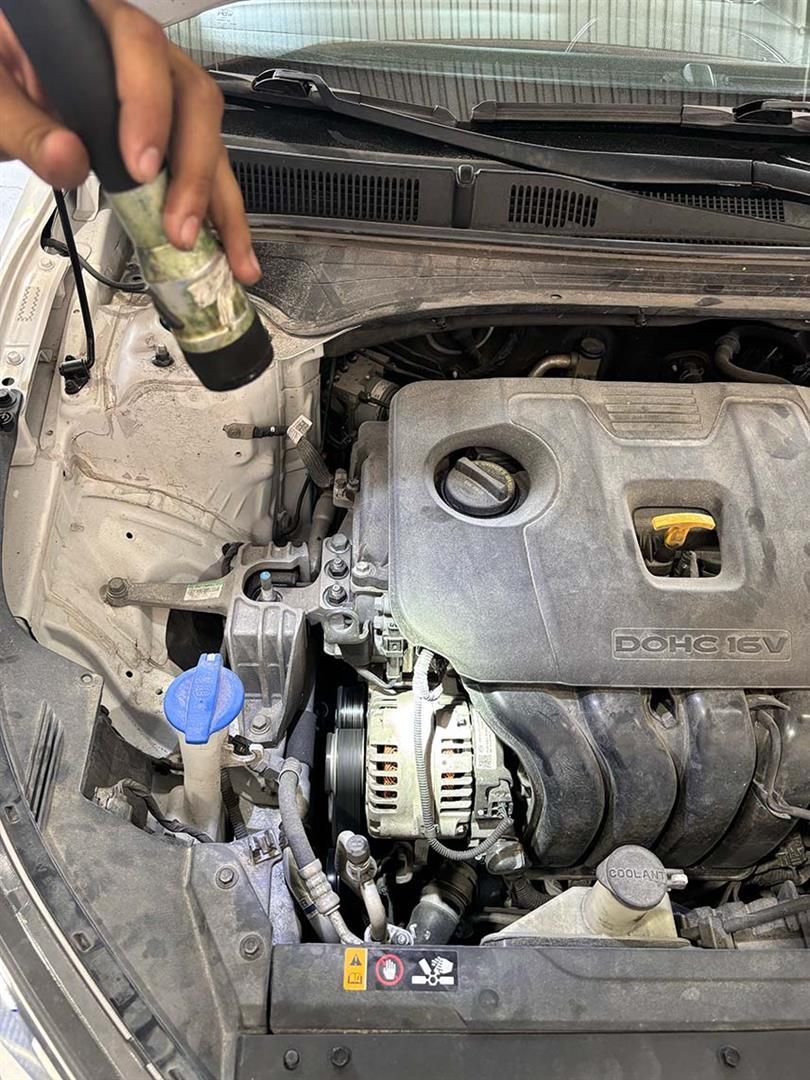
Preventative Maintenance
To avoid future alternator issues, regular maintenance is key. Here are some tips to keep your alternator in good condition:
- Regular Inspections: Have your alternator and battery inspected during routine maintenance visits. This can help catch potential problems early.
- Keep It Clean: Ensure that the alternator and surrounding components are free from dirt and debris, which can cause overheating and other issues.
- Monitor Electrical Systems: Pay attention to how your vehicle’s electrical systems are functioning. Any unusual behavior can be an early warning sign of alternator problems.
Understanding the role of your alternator and recognizing the signs of a failing one can save you from unexpected breakdowns and costly repairs. If you suspect your alternator might be failing, don’t hesitate to seek professional help. Regular maintenance and prompt attention to issues can keep your vehicle running smoothly and reliably.
At Elite Auto Experts, we’re here to help with all your automotive needs, from diagnostics to repairs. Contact us today to schedule a check-up and ensure your vehicle stays in top condition.
